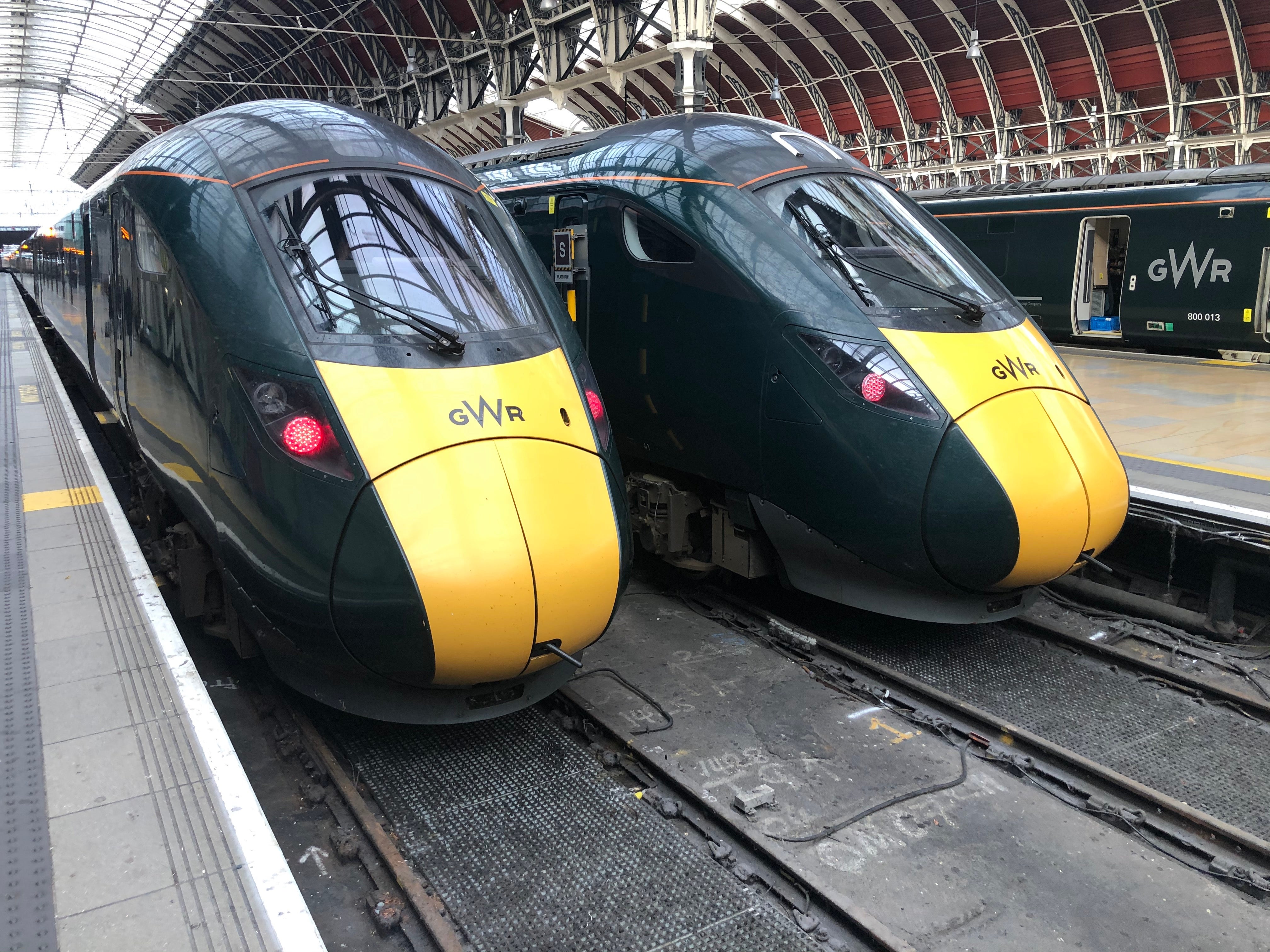British Rail is back, sort of, as government tries to bring 24 years of rail chaos to a close
Grant Shapps says the launch of Great British Railways marks a ‘new era’. He should hold off with the ‘Great’ until the new body can prove it can do at least as well as clunky old British Rail, writes James Moore


Welcome back British Rail!
But wait just one moment; transport secretary Grant Shapps has put a “Great” before the British and a “ways” after Rail.
It doesn’t matter. His new baby will oversee a shiny new integrated railway so it amounts to much the same thing. It’s sort of like when Coca-Cola tweaked the recipe, upset everybody, and then brought the old one back as Coca-Cola Classic.
It took 24 years for the company to finally correct one of the most infamous cock-ups in the history of marketing. I mention that because the Conservative government of John Major completed the destruction of British Rail in favour of a hotchpotch of franchises and a separate company for the track in 1997. It’s taken 24 years to fix that mistake too.
Rail passengers have just suffered an awful lot more along the way than Coke drinkers ever did.
Will the new set-up fix things and leave us with a sugar rush as we get to our destinations on time for once?
There are parts of the plans that look sensible enough to have me pinching myself, given the record of the current Conservative government.
British Rail, sorry, Great British Railways, will be a state-owned entity that will set the timetables, oversee prices, look after the infrastructure and sell the tickets centrally.
So it will finally and definitively bring to an end the chaotic and messy system that persisted in one form or another until Covid forced the government to take it in hand.
The idea of a flexible season ticket has been mooted as one potential innovation to cheer long-suffering commuters. Under it, you’d get a certain numbers of journeys per month at a discounted rate, which is disturbingly sensible in the new world of hybrid working.
How flexible remains to be seen, which is where there’s a potential fly in the ointment. Eight journeys a month is a number that’s been reported, which is fine if you’re in the office two days a week, less good if your employer wants three.
Contactless payment and digital ticketing on smartphones have also been promised. It looks just dandy until you start thinking about the myriad ways in which it could get messy and then consider the government’s history with tech, particularly the way in which it has poured money down the toilet on things that don’t work well. Track and trace, anyone?
There will be a CEO who will supposedly be accountable to the government and to parliament and to the travelling public if things go wrong. And, well, LOL.
Getting someone competent for that post would be wise but it’ll probably go to someone who pals around with ministers and went to the right school. And they’ll probably be paid silly money, plus a silly guaranteed bonus on the basis of heads they win, tails they can’t lose. Such is the life of the CEO about town.
It’d be welcome if they got a few more of the trains to run on time, but there are no guarantees.
What Shapps does want us to know is that this is absolutely, positively, not nationalisation. We might even give the private sector an even bigger role than it has now!
This means that train-operating companies – remember them? – will still be around, just with new “Passenger Service Contracts” and a challenge to “provide a competitive and customer-focused offer, delivering greater value for money for the taxpayer”. And once again, LOL.
That the old system was a mess is the responsibility of successive governments, but the private sector train operators did nothing to improve it. If they couldn’t make their franchises work, the state stepped in and then tried someone else out. If they could, they took money out of the system that could have been invested in it.
There was even a time when French and German rail passengers had their super-efficient travel subsidised by profits their train-operating companies made from Britain’s shabby system.
I worry that similar perversities will still be possible under the new set-up.
Crucially, Shapps has also been coy on the subject of fare rises, even though it’s already often cheaper to fly between urban centres despite the environmental destructiveness of that form of transport.
All this is not to say that things won’t improve under the aegis of Great British Railways. They might. But the “Great” part of the name should really be withheld until such time as British Railways can prove that it is at least as good as British Rail used to be.
That isn’t a terribly high bar to clear, as those of us around when British Rail was will be only too well aware.
Join our commenting forum
Join thought-provoking conversations, follow other Independent readers and see their replies
Comments